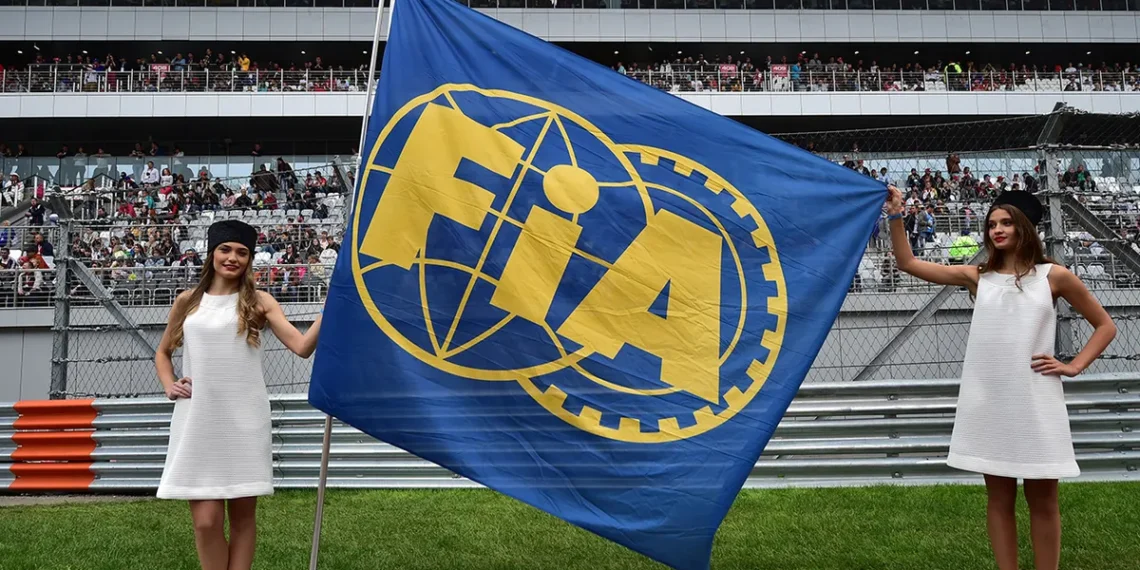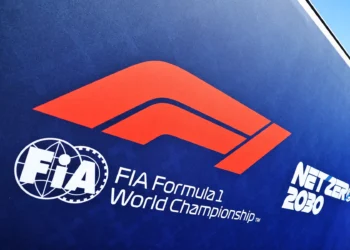F1 2026: FIA Declares War on Regulatory Loopholes – A Deadly Game for Teams!
In a shocking declaration that has sent ripples through the motorsport community, the FIA has unveiled its zero-tolerance approach towards teams exploiting regulatory loopholes for the upcoming 2026 season. Nikolas Tombazis, the FIA’s single-seater director, made it crystal clear: any team daring to tread into the murky waters of ambiguous regulations will face dire consequences.
Gone are the days of clever interpretations and sly strategies; the FIA is ready to clamp down hard. Tombazis stated, “It would be a disaster for any team that shows up with a solution derived from a regulatory loophole.” This stark warning highlights the FIA’s commitment to maintaining integrity and transparency in the sport.
A New Era of Transparency
“We have adopted a different approach compared to the past,” Tombazis explained during an eye-opening interview. “We have informed the teams that we will not tolerate any exploitation of hidden gaps in the regulations.” The FIA is now mandating that teams consult with them before attempting any solutions that could hinge on ambiguous interpretations of the rules. If teams forge ahead without seeking clarification, the FIA will not extend their support. “If a team develops a concept based on a 50-50 interpretation, it would be suicide for that team,” Tombazis asserted, emphasizing the stakes involved.
The FIA’s shift marks a stark departure from the past, particularly recalling the infamous double diffuser saga of Brawn GP in 2009. During that time, not all teams were privy to critical communications, leading to a chaotic environment where interpretations diverged wildly. In stark contrast, the FIA will now ensure that any clarifications made will be shared with all teams simultaneously, eliminating the risk of some teams getting an unfair advantage.
Mercedes and the Grey Area Gambit
The decision comes in the wake of recent controversies, notably involving Mercedes, which has often danced on the edge of regulatory grey areas. The team made headlines for its innovative DAS system in 2020, which was subsequently banned, and the controversial zero pods concept in 2022. Tombazis noted, “They consulted us about legality only after they had implemented it. They took a risk.”
This revelation illustrates the precarious balance teams must now navigate as the FIA tightens the reins. “We cannot force teams to communicate with us, but it’s advisable for their own survival,” Tombazis warned. “Building an entire car on a concept that might later be deemed illegal could spell disaster for them.”
In a sport where precision and clarity are paramount, the FIA’s call for transparency could redefine how teams approach their designs in 2026 and beyond. The stakes have never been higher, and the message is unmistakable: tread carefully, or risk the wrath of the FIA.
As teams prepare for the new regulatory landscape, one thing is certain: the 2026 season will be a battlefield where only the most astute and compliant will survive. The FIA’s uncompromising stance may well be the shake-up the sport needed, but it raises the question: will teams heed the warning, or will they gamble on their ingenuity in these turbulent waters?









